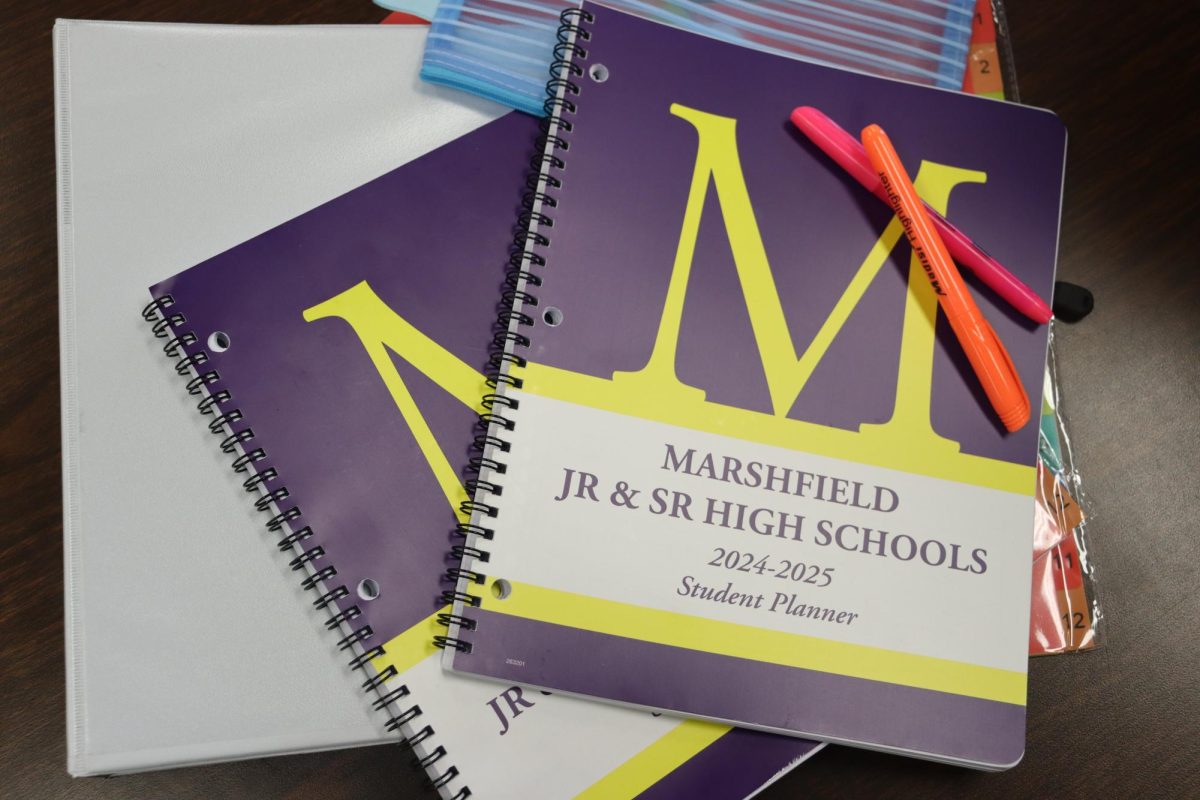Oregon has made a promise it plans to keep: free community college to eligible applicants.
As the second state to implement a Promise program, Oregon is following the lead of Tennessee, which gave its first Tennessee Promise grants in the fall of this year.
In order to be eligible, an applicant must be an Oregon resident for at least 12 months, graduate high school within six months of initial enrollment in community college and maintain a minimum cumulative GPA of 2.5 in high school.
Originally presented by Oregon State Senator and previous Senate Chair of Education Mark Hass, the Oregon Promise, also known as Senate Bill 81, made it through a series of hoops before being signed by Governor Kate Brown in July 2015.
“The reason we need to do this is because in my generation you could walk out of a Coos Bay high school and walk into a lumber mill and be just fine,” Hass said. “Well, those days are gone. Not everybody needs a four-year degree, but everybody needs at least some training.”
Former Marshfield principal and current Oregon State Senator Arnie Roblan also played a key role in the production of the bill.
“All of the education bills come to one of the two education committees . . . As a member of the legislature, for all things education, I am a part of the committees that have to pass them,” Roblan said.
Once the bill made it out of the hands of the Senate Education Committee, where Roblan is the current chair holder, it went to Ways and Means, as it needed a budget, and was allocated $10 million for the year. Ways and Means also added money to the Oregon Student Assistance Commission (OSAC) scholarship budget and gave $7 million to the research of dual enrollment programs through community colleges and their local high schools, which could also be used toward the Oregon Promise, if the given money does not satisfy Oregon’s needs. However, it does not appear those measures will be necessary.
“Early indications now are that the $10 million is probably enough to meet the needs of all the kids that could be anticipated,” Roblan said.
Unlike many of Oregon’s other scholarships and grants, the Oregon Promise primarily targets the middle class, according to Roblan.
“There are groups of people who are really, well, they believe all the money should go to those who have the least,” Roblan said. “There are some of us who now believe that our middle class is getting strangled because the cost of school and tuition and those things are getting higher and higher.”
In order for Oregon to make the best use of its budget, the bill is set up to be a last-dollar grant, meaning that all Free Application for Federal Student Aid (FASFA) grants, federal Pell grants and other monies will be awarded first. This will allow the Oregon Promise to pay only the remainder of tuition costs.. According to Hass, this will allow the money to go farther in the long run.
“It’s expensive to do free community college, but it’s also expensive to help people in poverty,” Hass said. “I always say a year of community college is a lot cheaper than a lifetime of food stamps. That’s an important piece in this equation.”
According Roblan, this was one of the biggest factors in determining limitations put on who is eligible to apply.
“We know that we need to distribute the money in ways that we give the most people access to it,” Roblan said. “So it went through our committee, we had hearings on it, we made decisions about it, we heard from different people who are for and against it, we actually went on telephone with some people in Tennessee, who are a year ahead of us on this program.”
However, precautions have been taken to ensure students in areas with specific needs will be given an extended opportunity to apply.
“We gave them [Higher Education Coordinating Committee] the ability to pick schools,” Roblan said. “So if the $10 million wasn’t enough to go state-wide, then they could pick areas of poverty and make allocations based on what school you are in.”
The bill was then presented to the floors of both the Senate and the House of Representatives. Once passed in both areas, it was carried by Hass until it was signed by Brown. At this time, according to Roblan, the bill is currently in the implementation stage, which allows the Higher Education Coordinating Committee to work out the final details.
The bill is available only to recent graduates due to a relatively limited budget, according to Roblan. In the future, however, parameters may be lifted in order to grant money to less recent high school graduates.
“At some point, if it works, we may look at expanding those things, but for now we have to say ‘Okay, this is now and we have to start somewhere,’” Roblan said.
Senior Mackenzie Stueve said even though she believes the bill is a positive start, it should be available to more students, and not be determinate on age.
“I think that it’s important to get education to anyone that wants it,” Stueve said. “But it needs to be more than this new law can give.”
Students wishing to receive the grant must apply by March 1 and will be notified in the spring of 2016 if they have received the grant.
“Maybe 20 years ago a high school education was enough, but today, at least a community college [education] is a new normal, so shouldn’t the state be a major player in helping people get to at least that new bar?” Roblan said. “This one is basically saying ‘Yeah, we think it is.’”






















